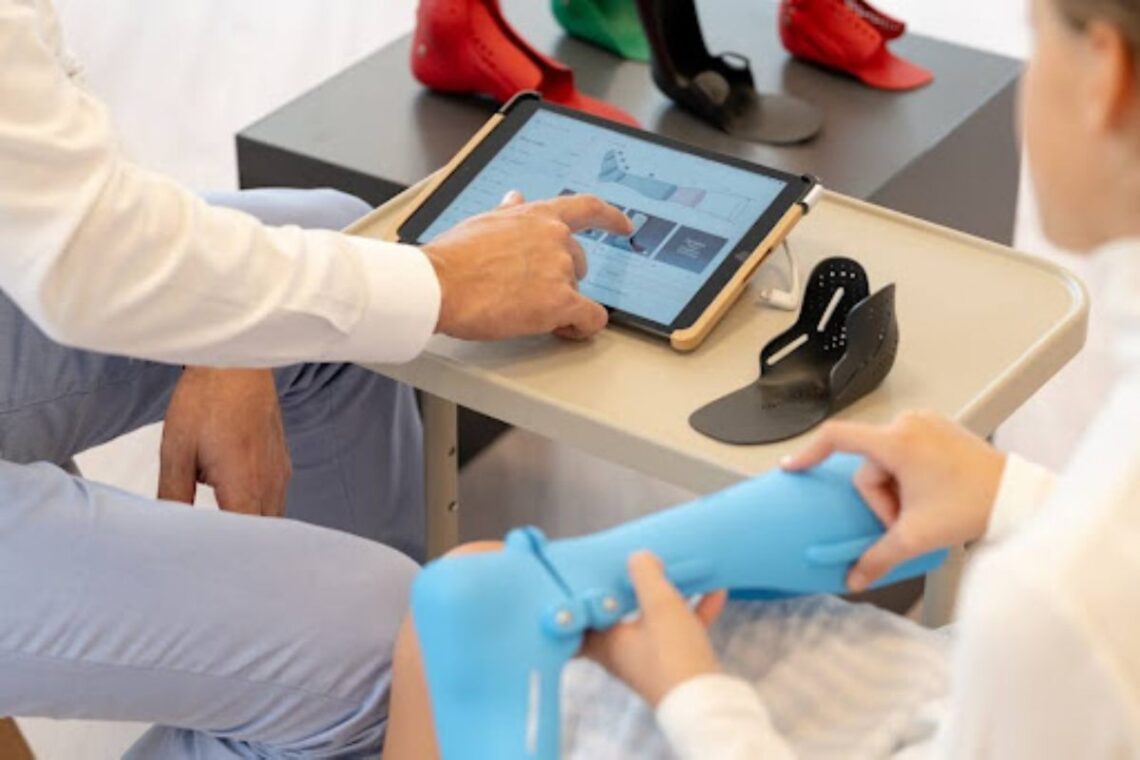The rapidly evolving field of medical technology offers a wealth of career opportunities for those equipped with the right qualifications and skills. A degree in medical technology can be the key to unlocking varied roles in healthcare settings, from diagnostics to research and beyond. With the healthcare sector increasingly reliant on sophisticated technologies for patient care, the demand for skilled medical technologists is on the rise. This article delves into the various facets of pursuing a career in this dynamic field. Keep reading to discover how you can enhance your professional trajectory with a medical technology degree.
Navigating Career Advancement Opportunities in Medical Technology
Growth in a medical technology career often hinges on a variety of factors, including experience, education, and specialization. For some, advancement may involve picking the right doctoral program to deepen their expertise, while others may pursue supervisory roles or positions in research and development. Some technologists may also seek to shape policy by moving into roles that influence laboratory standards and practices on a larger scale.
Embracing technological advancements and incorporating them into daily practice is another pathway to career progression. As medical technologies become more sophisticated, the ability to adapt and become proficient with new systems and software demonstrates a high level of competency and readiness for more complex responsibilities.
When it comes to advancing qualifications, pursuing higher education can be particularly beneficial. Enrolling in medical technology programs online allows professionals to broaden their knowledge base and gain the credentials necessary for career advancement. Staying educated and informed equips medical technologists with the tools needed to grasp opportunities and witness their careers thrive.
Key Skills and Certifications That Enhance Medical Technology Careers
Embarking on a career in medical technology necessitates a solid foundation in sciences such as chemistry, biology, and physics. Additionally, hands-on skills are equally vital; precise lab techniques, instrument calibration, and quality control are everyday tasks that medical technologists must master. The ability to conduct complex tests and analyze results accurately is the backbone of a successful career in this field.
Beyond the technical aspect, soft skills are indispensable. Effective communication is essential, as medical technologists liaise with healthcare professionals to convey lab findings. They must also work well under pressure, often needing to produce accurate results in a time-sensitive environment. Problem-solving and critical thinking are required to troubleshoot technical issues or unexpected test results.
Certifications are an extension of a medical technologist’s qualifications, providing formal recognition of their expertise. Many employers look for certifications from recognized bodies such as the American Society for Clinical Pathology (ASCP). Specialized certifications in areas like blood banking or microbiology can set candidates apart and open doors to more advanced positions.
Networking and Professional Associations for Medical Technologists

Professional associations play a crucial role in the career of a medical technologist. Associations like the ASCP or the American Medical Technologists (AMT) provide a platform for members to stay connected with the latest in the field. They offer resources such as continuing education, certification programs, and industry news that keep professionals at the forefront of their craft.
Networking through these associations can be transformative for career growth. Conferences, webinars, and seminars are excellent opportunities to meet peers, learn from industry leaders, and discover new job prospects. They also serve as a community for sharing knowledge and experiences, grant access to job boards, and connect members with mentors or collaborators.
Continuing Education and Specialization Strategies for Medical Technologists
Continuing education is a cornerstone of career advancement in the field of medical technology. Staying informed about the latest scientific discoveries, technology updates, and procedural innovations is essential. Ongoing learning can come in many forms, such as traditional degree programs, certificate courses, workshops, or online modules designed to accommodate working professionals.
Seeking specialization within the field is another strategy for medical technologists looking to advance their careers. By focusing on a particular area of medical technology, such as molecular diagnostics or cytotechnology, professionals can become experts in niche fields that are in high demand. Specialization often requires additional training and certification but typically results in increased job opportunities and potential earnings.
Overall, a career in medical technology is both promising and rewarding, with abundant opportunities for those who are willing to invest in their education and skills. Through networking, certifications, continuing education, and specialization, medical technologists can not only enhance their career prospects but also contribute significantly to the healthcare industry. With dedication and strategic planning, the path forward for medical technologists is bright and full of potential.

